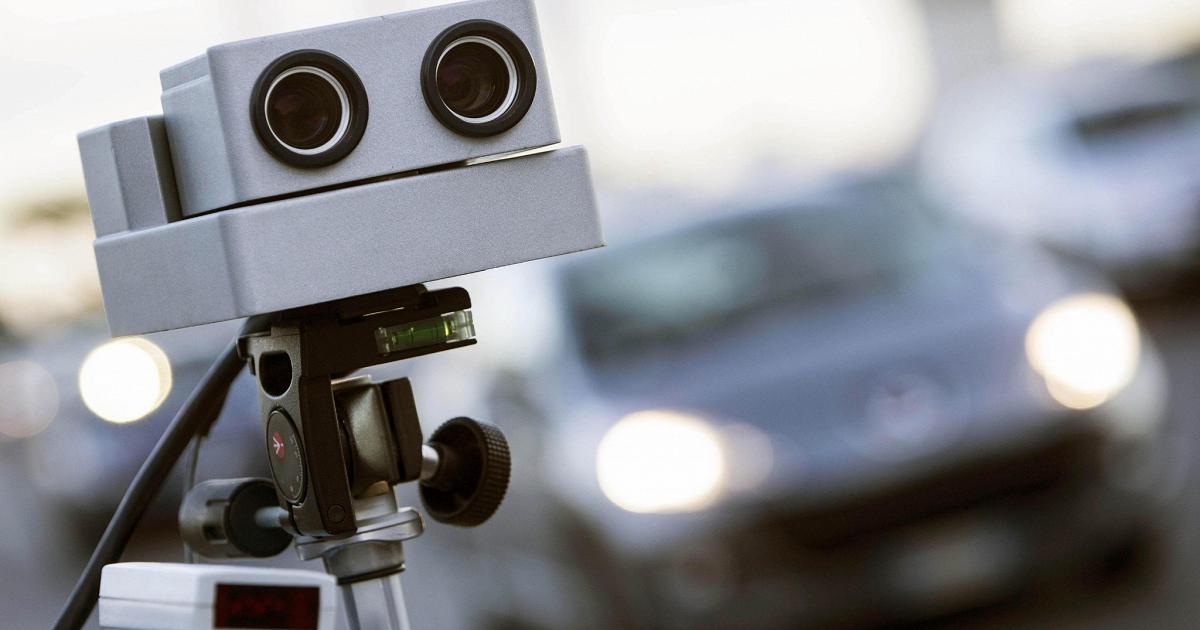The judgment of the Court of Cassation No. 10505, relating to the cancellation of the fine for speeding, noted by a radar not approved for a driver from Treviso, this could shake the coffers of thousands of municipalities and delight even more citizens.
“The articles explain how each radar conforms to the approved or approved prototype. the number and date of the ministerial approval and the approval order as well as the name of the manufacturer must be indicated. In fact, these are procedures with different characteristics, natures and purposes, since the first authorizes the serial reproduction of a device tested in the laboratory, with attribution of competence to the Ministry of Economic Development, while the approval does not require the comparison of prototypes presenting characteristics considered fundamental or presenting particular requirements provided for by the regulation.
According to what the experts of the periodical All-In Giuridica explained, if it is true that what has been established opens the way to the possibility of success in the appeal against a fine received for exceeding the authorized pace, on the other hand the verification “can be done only with the document access procedure“.
It is important to clarify that if the Court's judgment is not comparable to the law, even if after judgments of this type there is a tendency to guarantee theuniformity of sentences.
According to Codacons, despite the ruling annulling the interpretation of the Highway Code set out by the Ministry of Transport with the note of May 31 (extracted from circular no. 8176/2020 of the Ministry of Infrastructure and Transport) – and according to which the terms “approval” and “approval” could be classified as synonymous or equivalent – motorists caught at a speed exceeding the authorized speed cannot, however, sing victory together: “For fines already paid or those for which the deadline has expired – affirms the association – it is not possible to appeal“.
 The Press
The Press Speed cameras on a road
New cancellations? Possible, but under certain conditions
The first step for everyone else it is a simple task but not within everyone's reach, consisting of carefully reading the received report and checking if there is a trace of a simple approval or approval of the device, because it is only from there that we can understand if we are in the presence of a valid device or not. Each municipality can communicate the fine to the motorist in a different way: some give precise information on the calibration and approval, others simply indicate that they “exist”.
The Highway Code specifies that only approved vehicles can correctly collect fines.. “If the machine is only approved and not approved as in the case of Treviso, the fine has been increased irregularly. And all these minutes can be therefore potentially contested“, explains Dario Giordano, lawyer Udicon. “This looks like a classic legal quibble but it is in reality a very important question: in fact these terms should not be confused at all, as the Court of Cassation points out.”
Second step. In the event that it is still possible to contest the sanction, to be certain of the approval of the radar which noted the infraction, it is then necessary to present request for access to the municipality where the device is installed and, once the documents are obtained, analyze the technical specifications of the radar.
“A practice which is far from simple and which in no way leads to the automatic cancellation of sanctions. »“, explains Carlo Rienzi, of Codacons, who recalls: “'We have always been against the blind use of radars as a tool to fund municipal coffers, but the risk is that the Supreme Court's decision will be interpreted as a rejection of the detection tools automatic speed control and green light when exceeding road limits, with negative consequences for safety road safety“.
 Handle
Handle Speed cameras on a road
The appeal is free because you don't have to pay the tax stamp in advance, but if you lose it, the penalty doubles. In the event of a win, the costs borne by the person contesting the decision would be null and void and both the reimbursement of tax stamps and legal costs would be the responsibility of the Municipality.
This obviously does not mean that not paying is enough to make the problem disappear, quite the contrary: there is the risk that a financial sanction is just around the corner. plus a notable penalty.
You must submit regular callto discuss your case but, remember, a time limit for this document. Within 60 days and at the latest upon receipt of the report, present everything to Prefect.
In case you opt for the justice of the peace, the period is however reduced to 30 days.
Technical inspections can also be requested before the justice of the peace, in order to perhaps discover that an unapproved device was also defective. In this case it is obligatory to pay the tax stamp.
The rule remains unchanged according to which, to take into account the possibility that radars make measurement errors, even minimal, the Highway Code provides tolerance margins on detected speeds: 5 km/h within 100 km/h detected by the instrument; and 5% of the value detected above 100 km/h.
Furthermore, the Highway Code provides for lower decimal rounding in addition to the 5% tolerance.



